Professional Resume Examples and Templates [Download in App]
Certified Nursing Assistant Resume Example
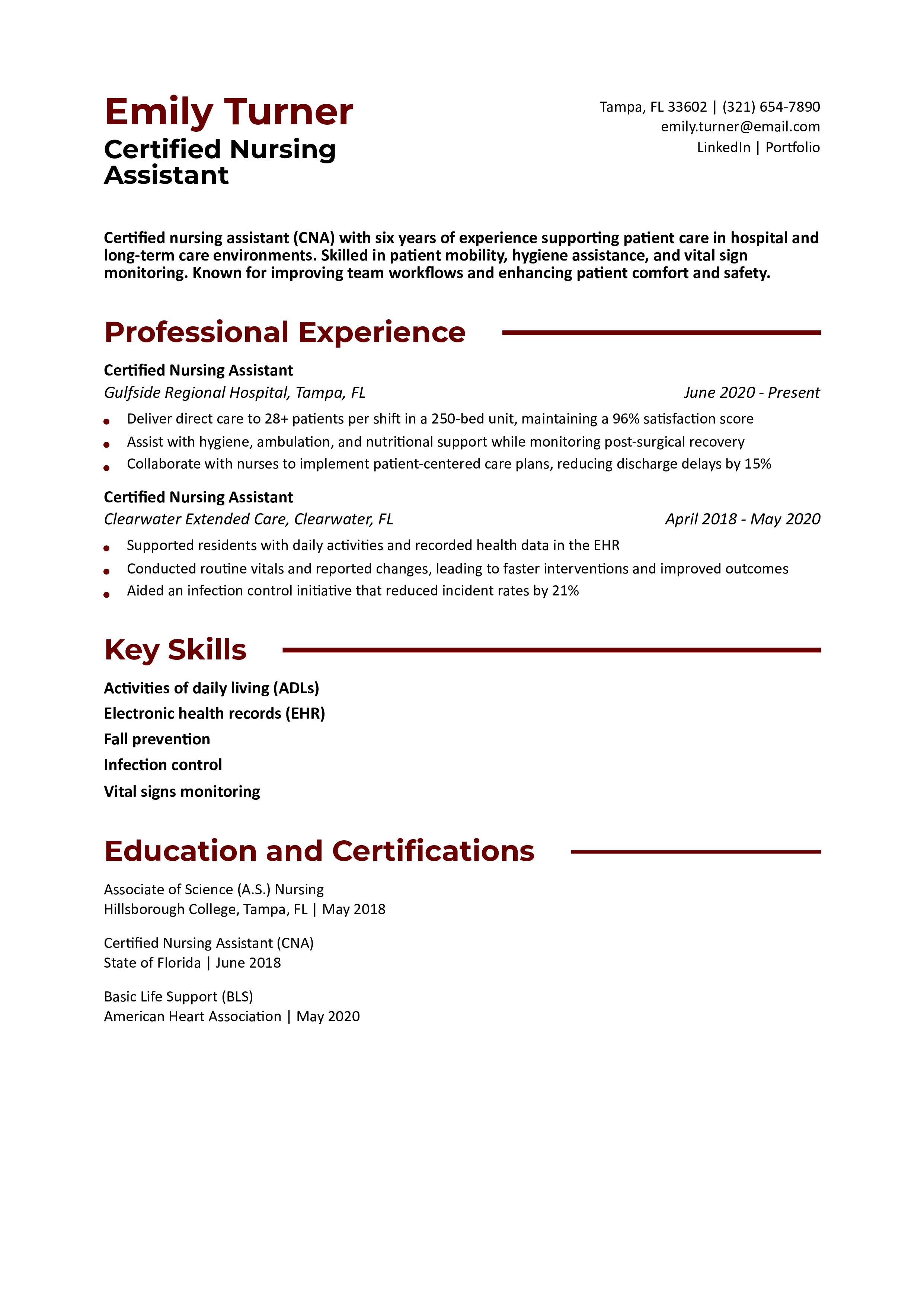
High School Student Resume
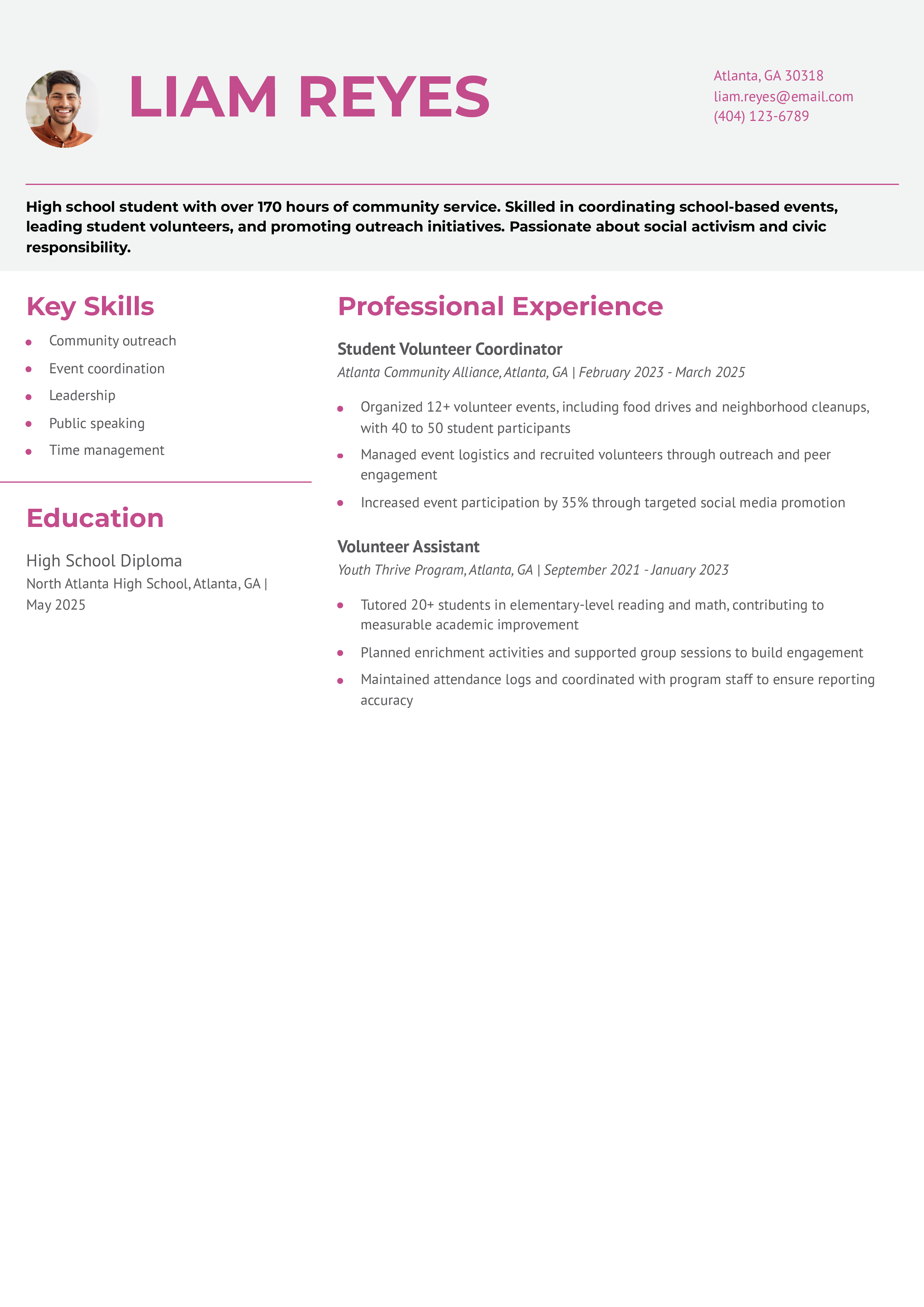
UX Designer Resume
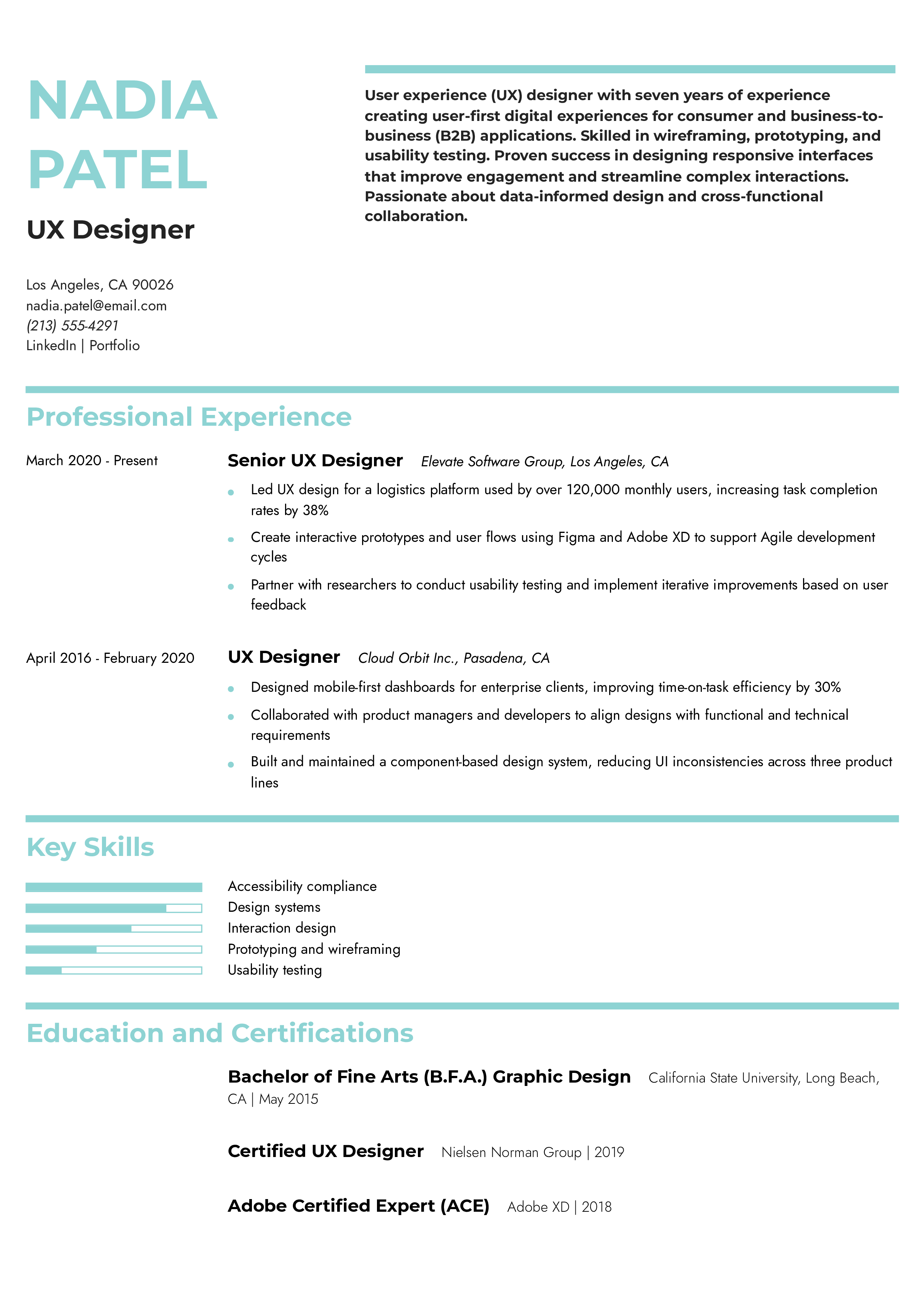
Project Manager Resume
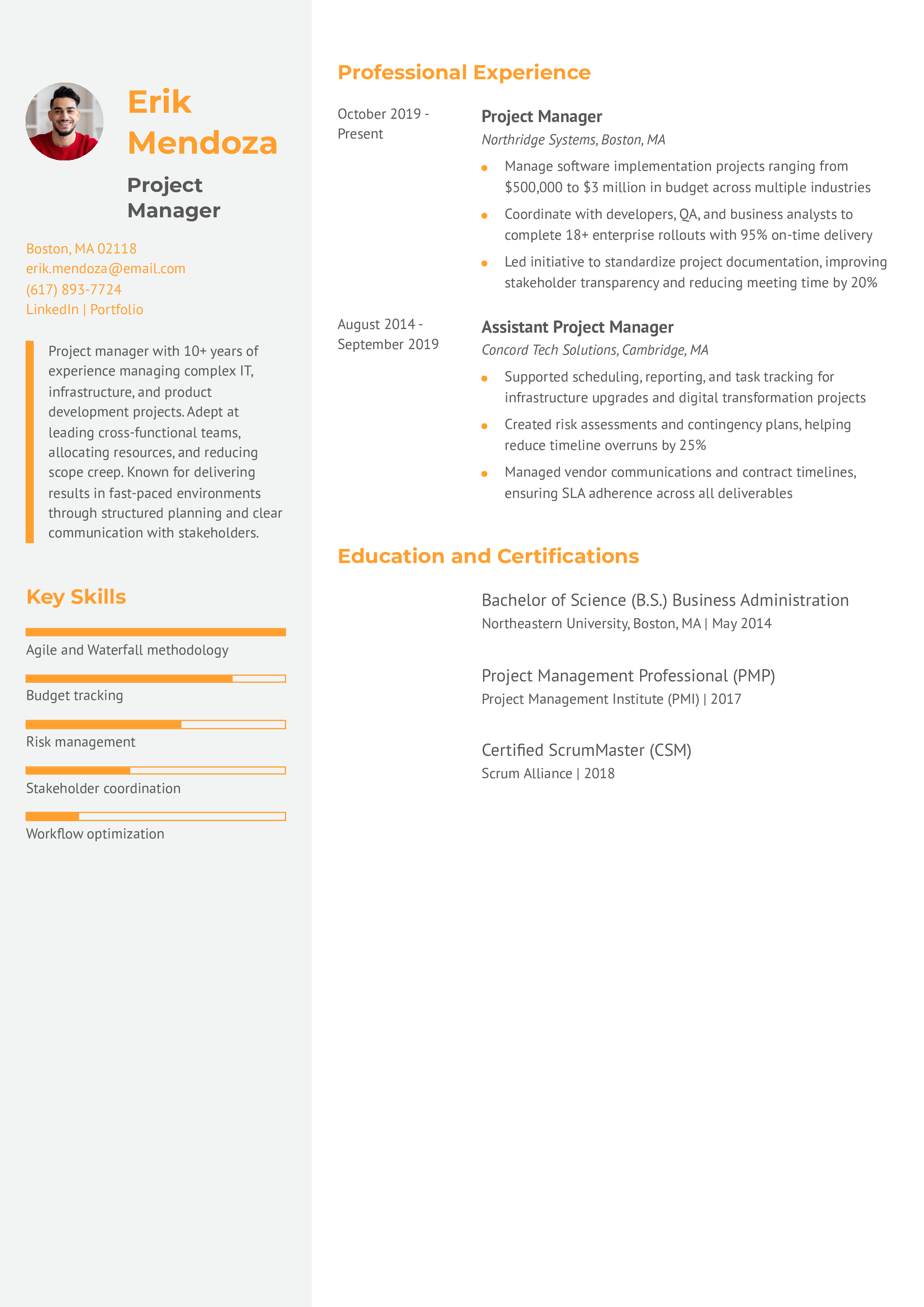
Elementary Teacher Resume
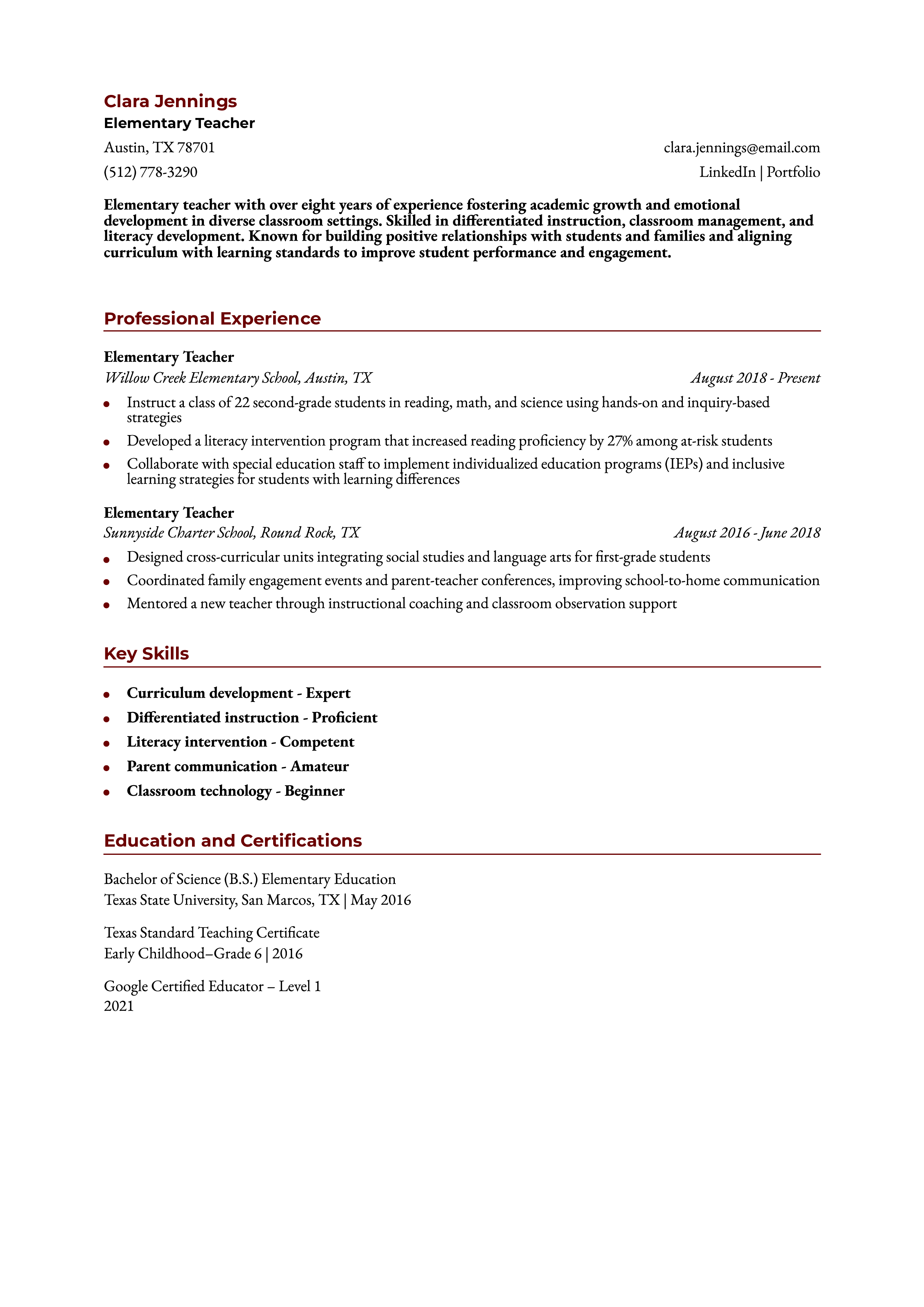
Sales Executive Resume
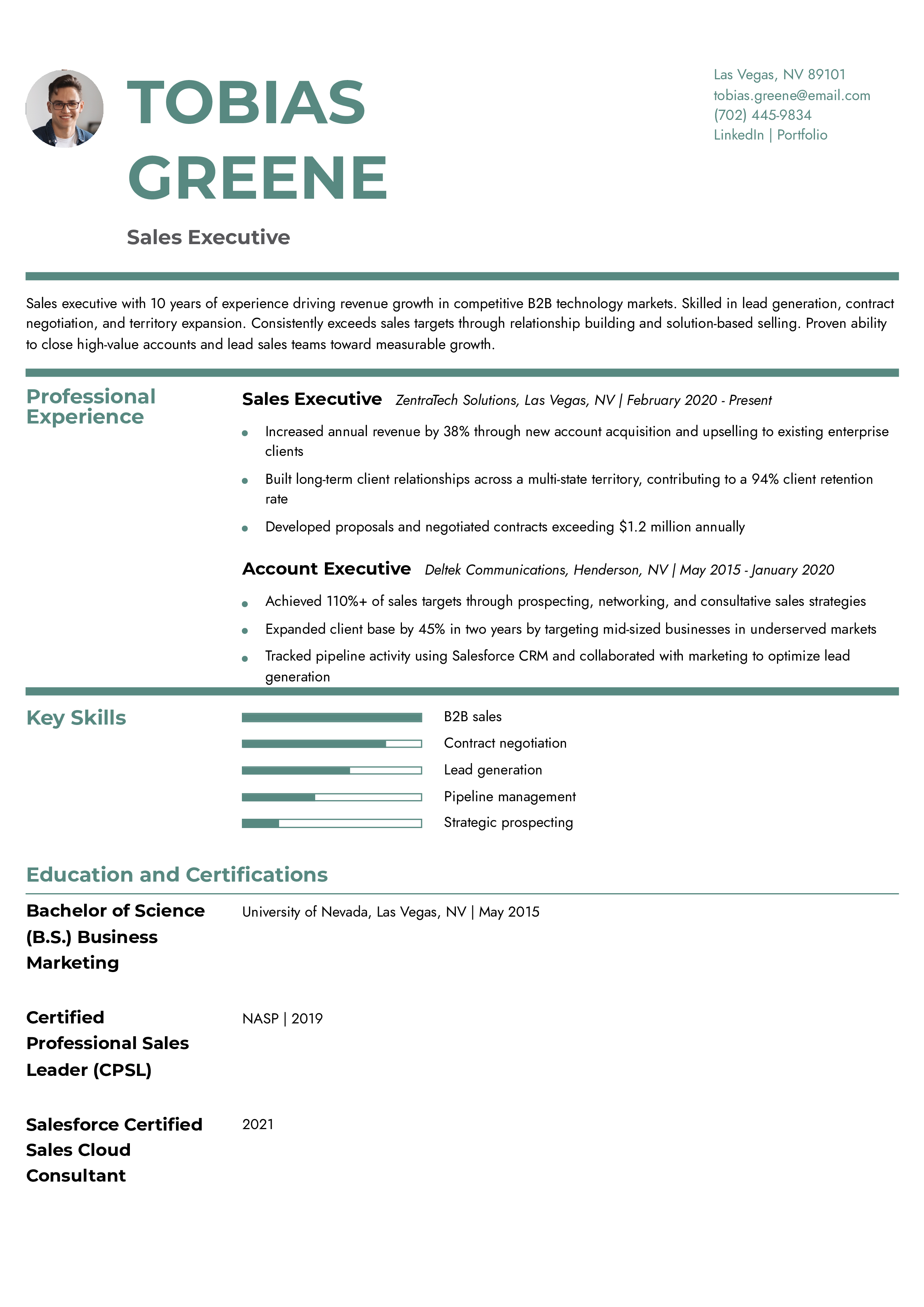
Account Manager Resume
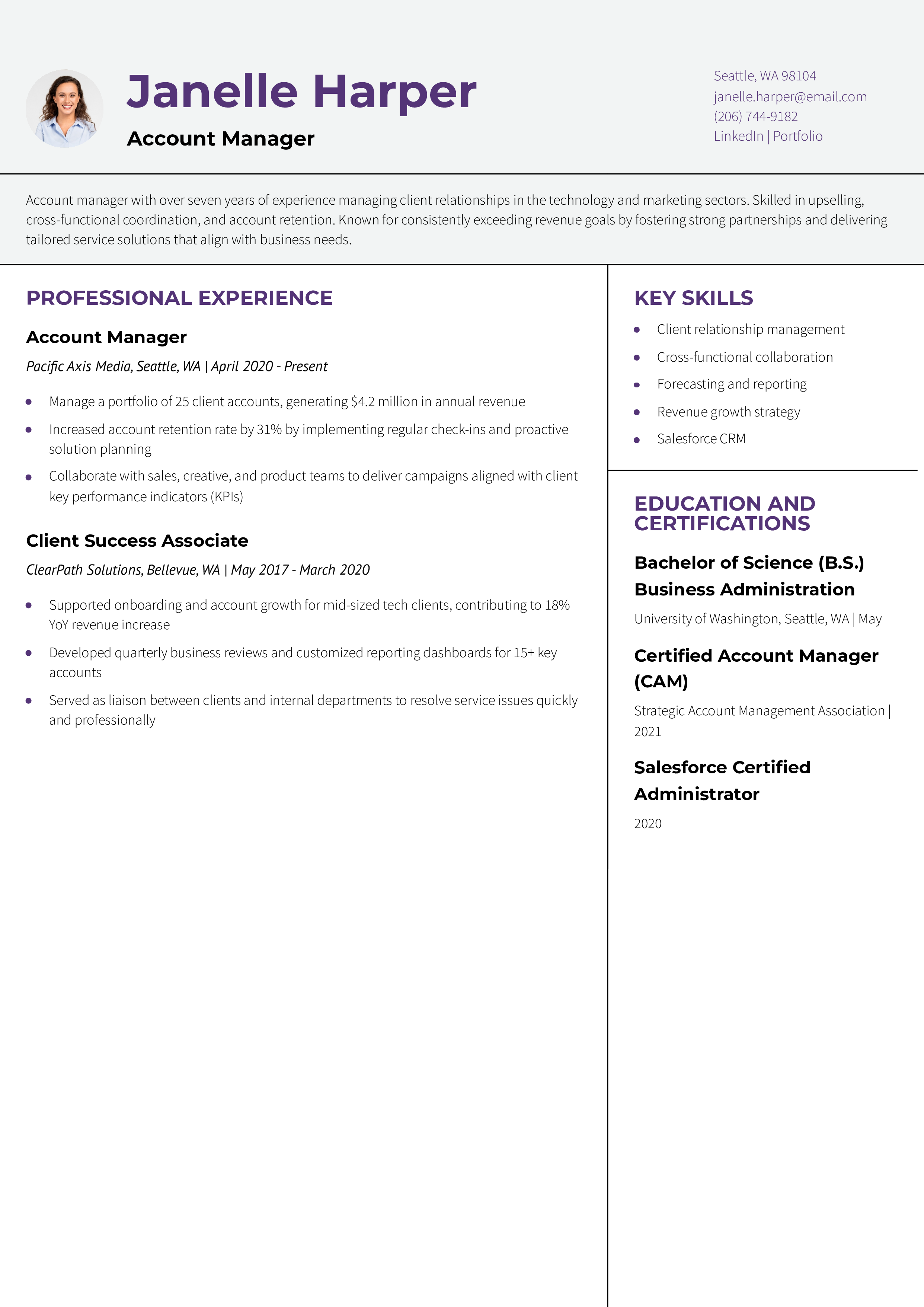
Registered Nurse Resume
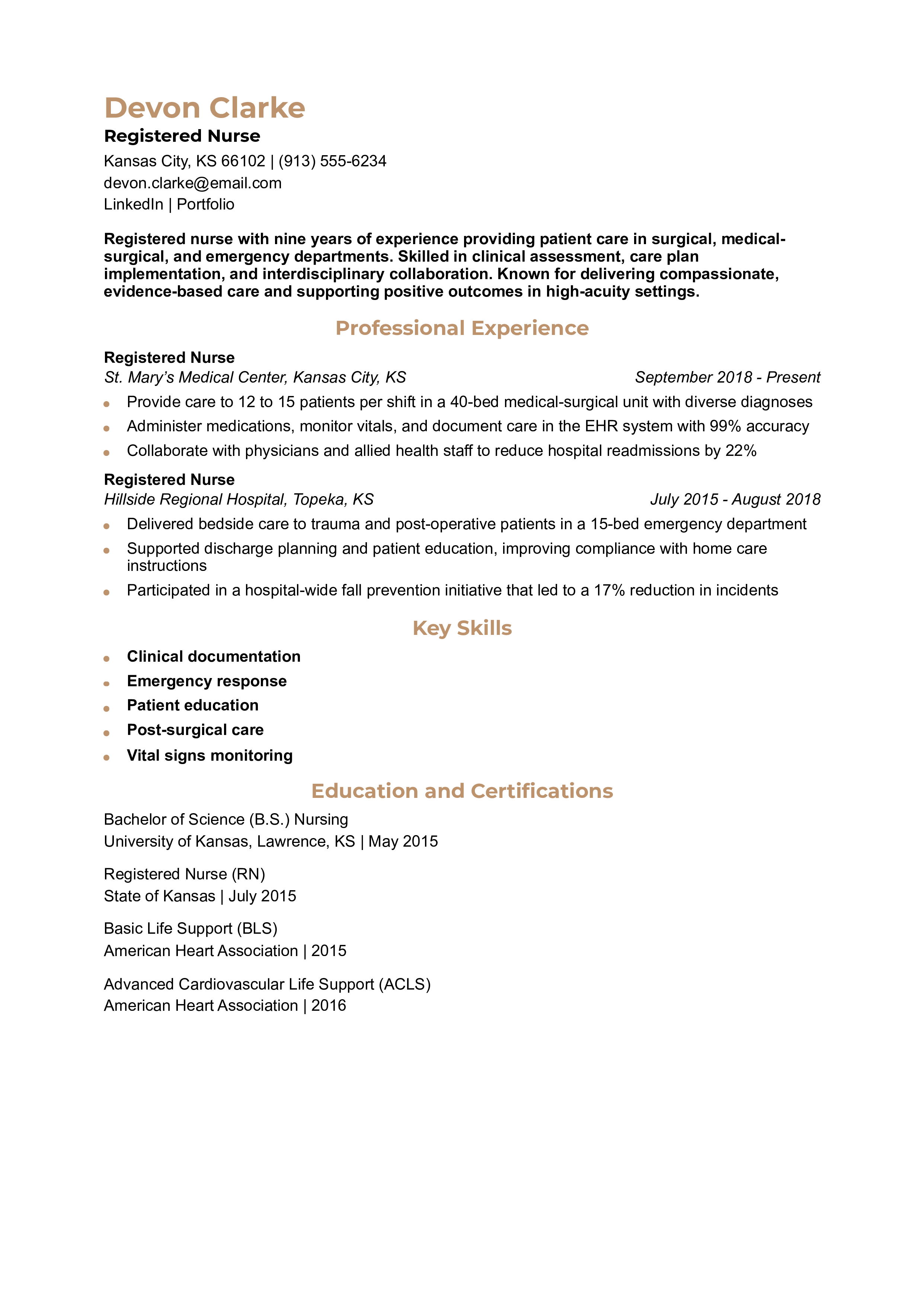
Graphic Designer Resume
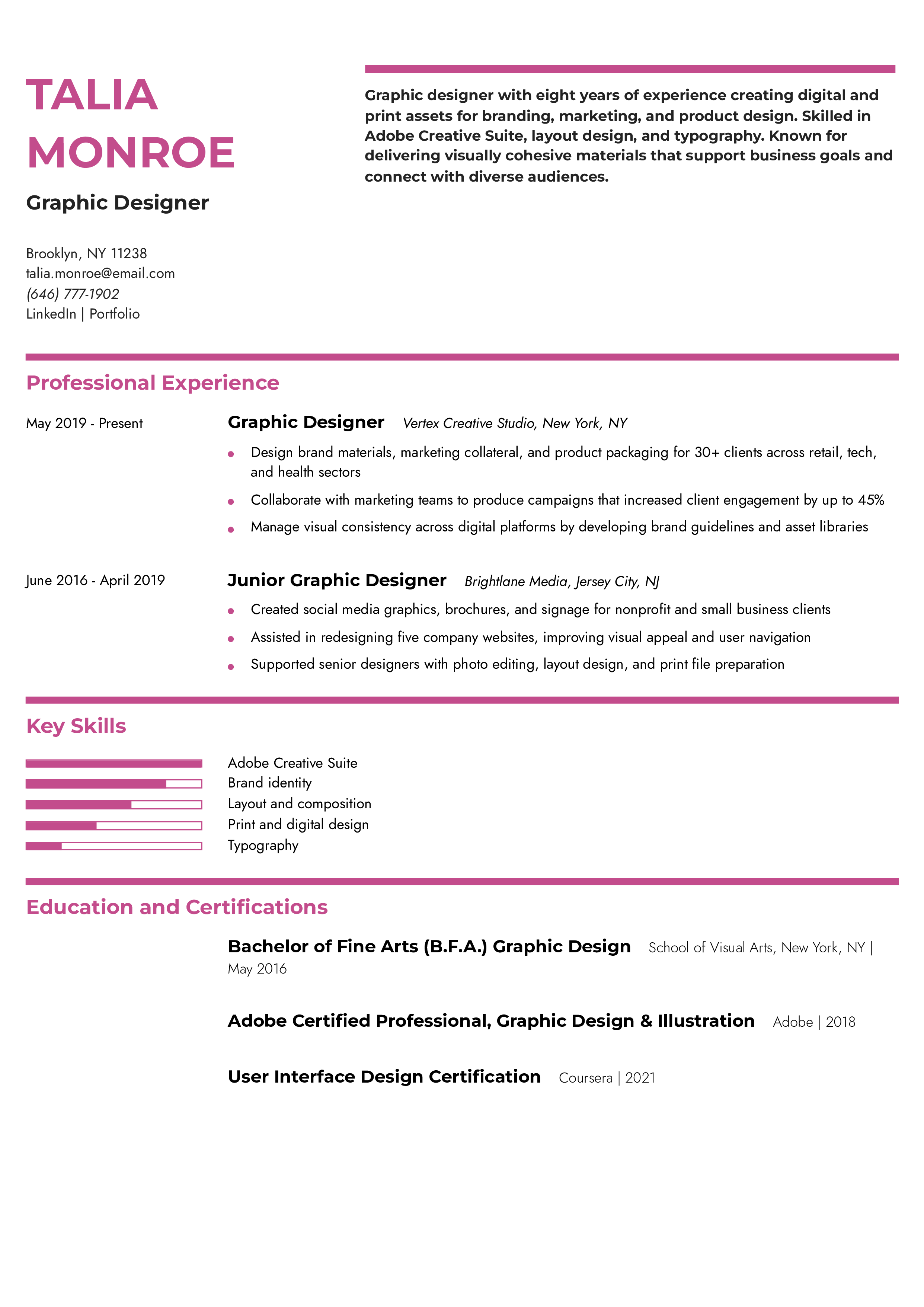
Data Scientist Resume
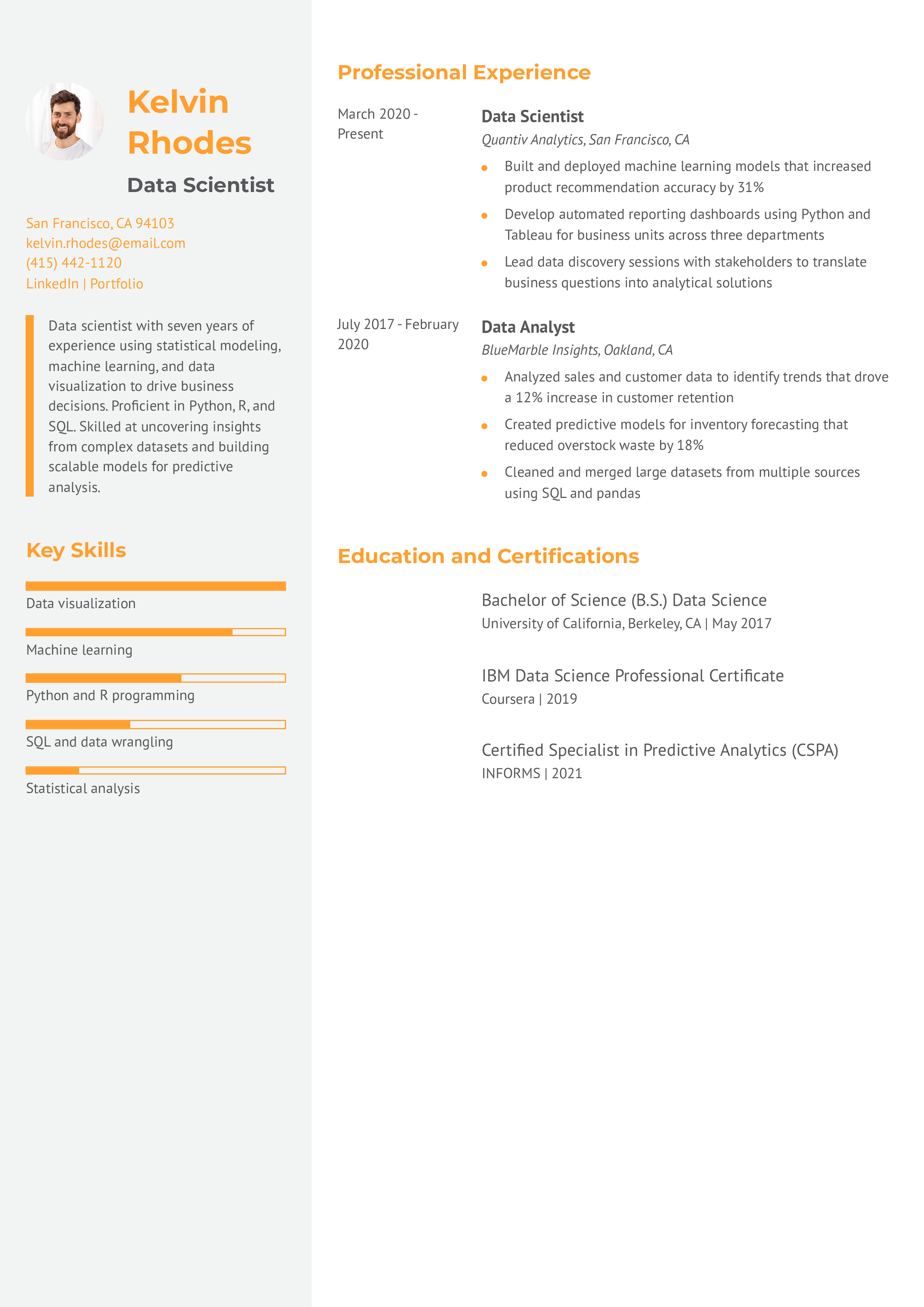
HR Generalist Resume
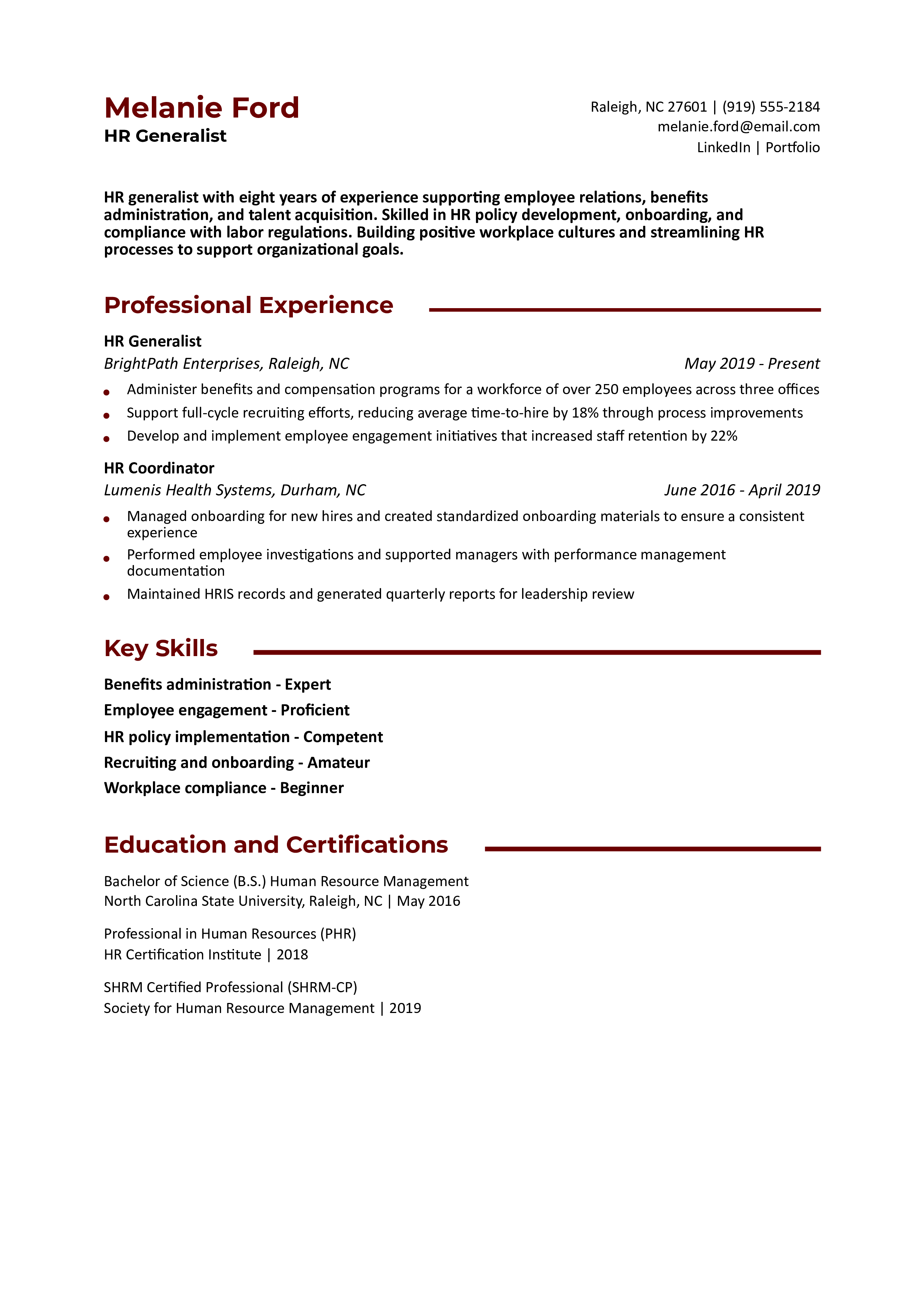
Application Developer Resume
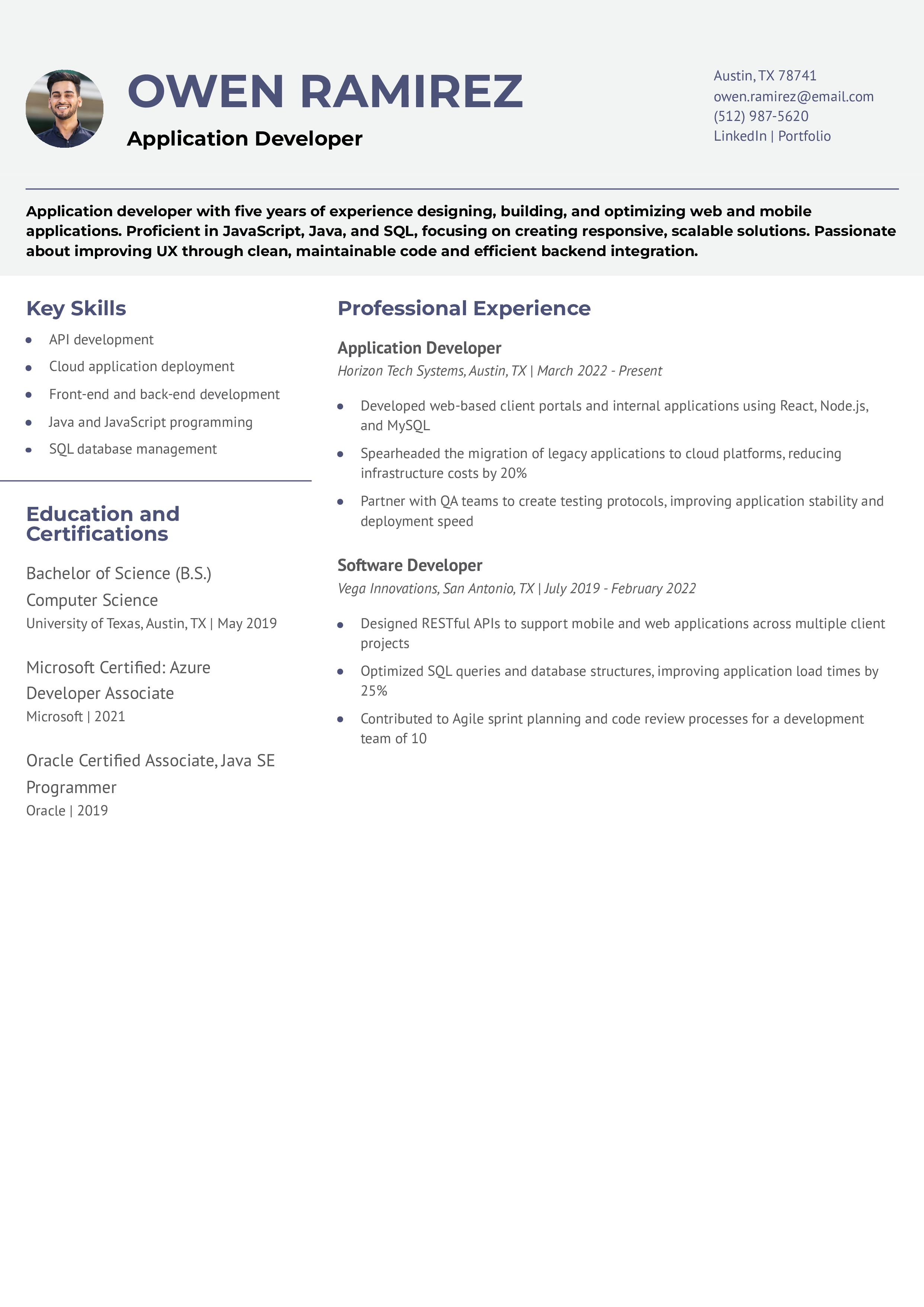
Financial Analyst Resume
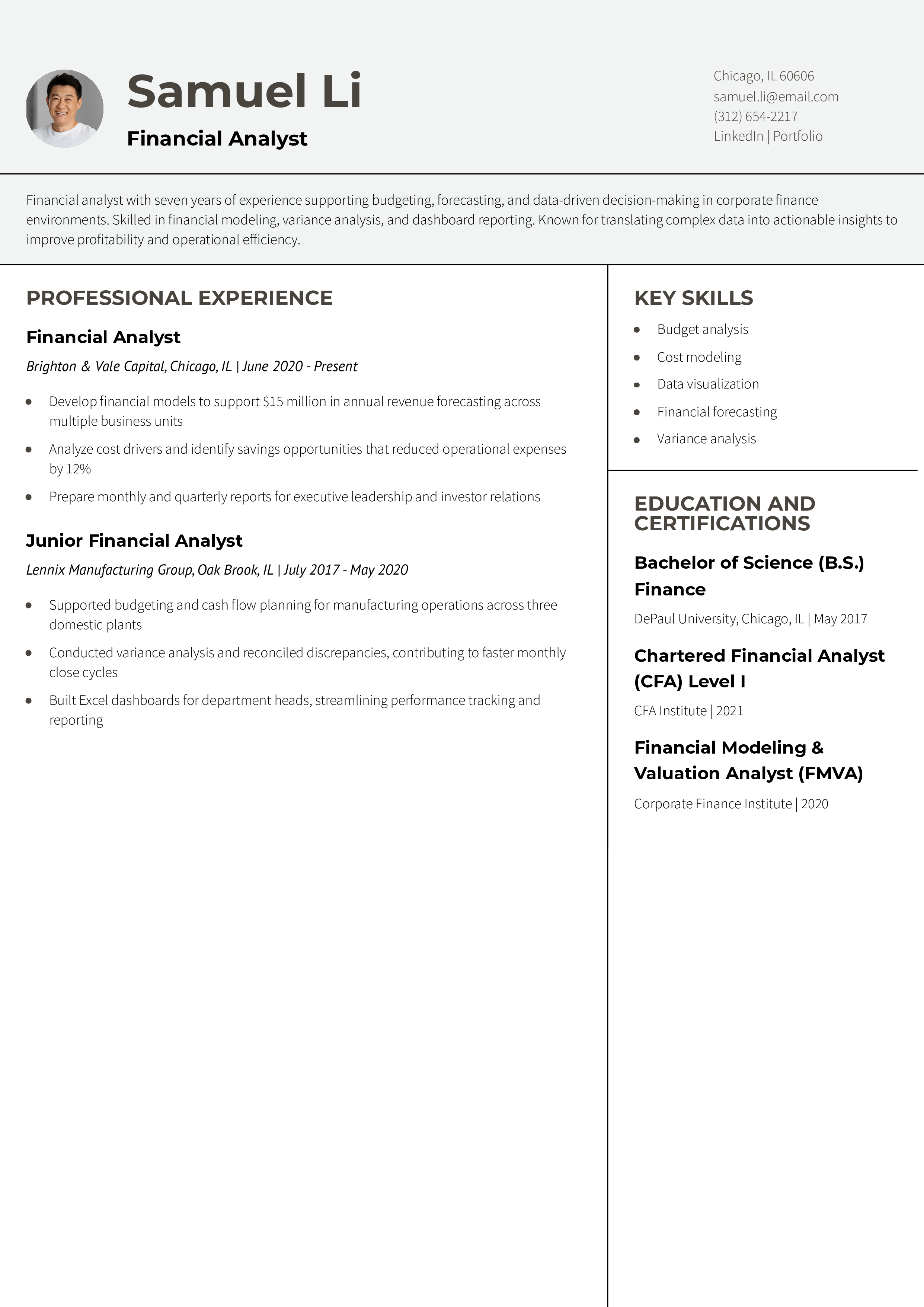
Marketing Manager Resume
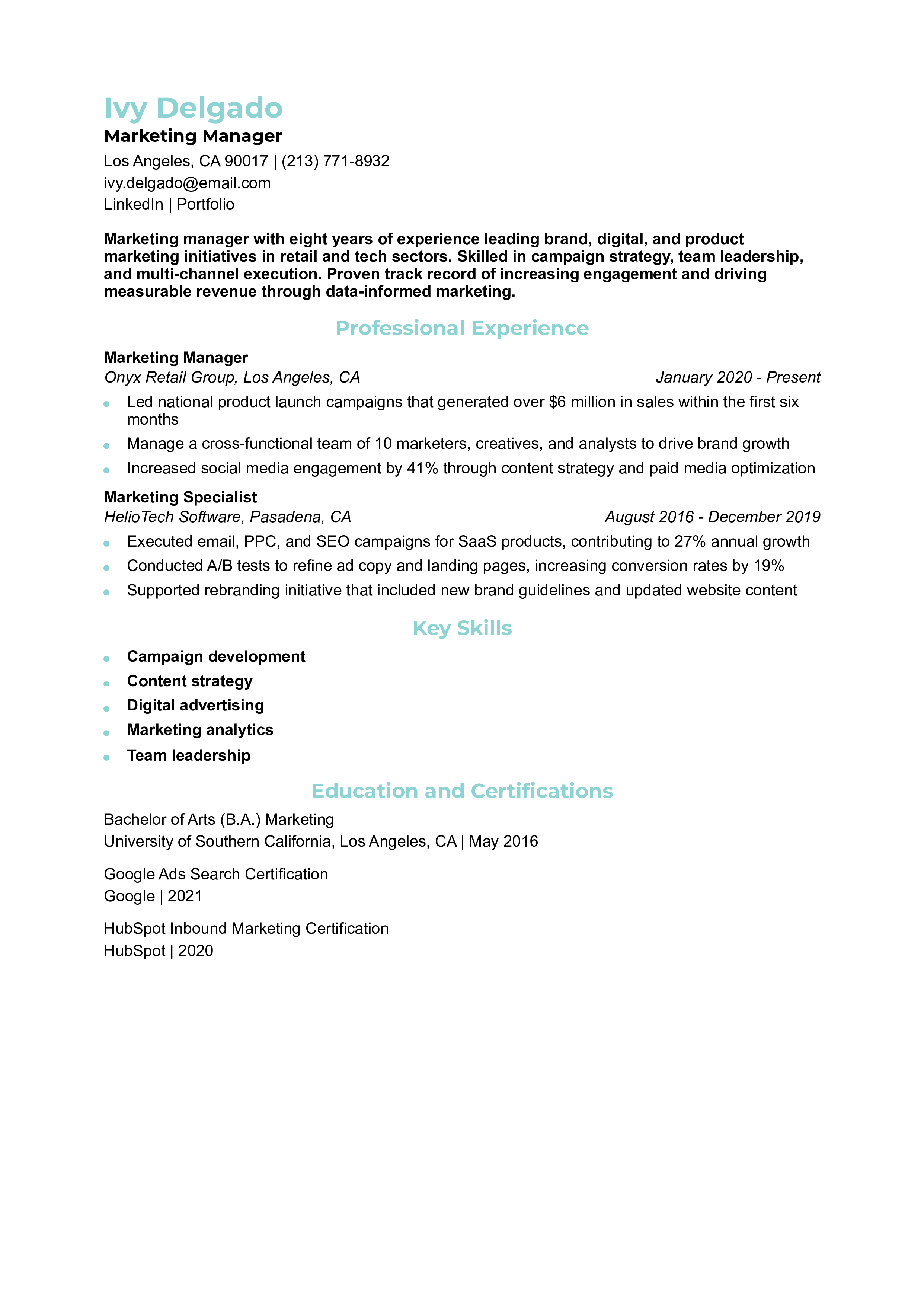
Professional Resume Templates
In today’s competitive job market, you must focus on addressing the company’s needs and proving your point with impact and results. The template is one such tool, enabling you to organize and present your qualifications with a solid structure that maximizes readability. While there’s no shortage of templates online, not every layout works well. In this guide, we’ll provide expert insights to help you choose an optimized template that helps you get noticed.
What makes a professional resume template?
In the most basic terms, a professional template is exactly what it says it is. It’s any type of layout that displays your work history, skills, and qualifications in a clear, straightforward, business manner. Instead, we should identify what kinds of templates further your cause.
One thing that comes to mind is an overuse of distracting visual elements. For example, some templates convey the strength level of your skills using a bar graph. This is ultimately useless for the reader and takes up unnecessary space on the page. Be prepared to discuss every skill that you put in the skills section and the experience section; a graph with varying ability levels can be confusing.
- Header: Professional resume templates include a header with your name, phone number, city, state, email address, and LinkedIn URL. This ensures that anyone from the hiring team can easily schedule an interview.
- Summary of qualifications: A professional resume template will always provide a brief yet compelling reason to hire you. This serves as an introduction to the hiring manager, immediately showing that you have the years of experience and qualifications to succeed in the role.
- Professional experience: A professional template should feature a section that presents your work history and career achievements with concise, yet descriptive bullet points.
- Independent and academic projects: For recent graduates, your professional resume template can include a section that lets you describe your internships and academic projects to compensate for a lack of real-world work history.
- Key skills: Professional templates should also include a section highlighting your technical, interpersonal, and industry skills.
- Education and certifications: A professional template makes it easy to showcase your college degrees, industry certifications, and training programs.
- Limited visuals and graphics: Overly vibrant colors, bulky graphics, and distracting visuals are unnecessarily hard on the eyes. A professional template omits these elements to keep the reader’s focus on your content.
- Traditional fonts: Professional templates avoid overly decorative fonts in favor of standard options such as Cambria, Arial, Garamond, and Times New Roman.
Pick a professional resume template
No matter your situation, always be confident that the resume template reflects your professionalism. Even if your content is strong, inconsistent and confusing formatting could count against you.
Expert tip: How to get the most out of this template
To get the most out of your professional template, use it to add content that addresses the company’s needs and prove your point with impact and results. Make the changes you need to capture the best aspects of your expertise and specialty. For example, if you’re breaking into an industry after recently graduating, be sure to add a section for academic and independent projects.
Frequently Asked Questions: Professional Resume Templates
While a professional resume template alone won’t land you a job, it won’t hurt your chances. Presentation and layout matter to hiring managers once you get beyond the initial AI screening tool, and help your chances with older ATS systems. If you inconvenience the reader with a format that’s confusing and difficult to navigate, you’re reducing your chances of being contacted.
Look for stable templates from reliable sources that provide the best avenue for showcasing your work experience, skills, and personal brand. Ask a recruiter or hiring manager friend for resources that provide stable templates.
Your resume template is important, but it is only one tool in your toolkit. Your professional experience, career accomplishments, and industry knowledge get you an interview. As long as the hiring manager can see your qualifications clearly and without distractions, your template should be viable during the job search.
